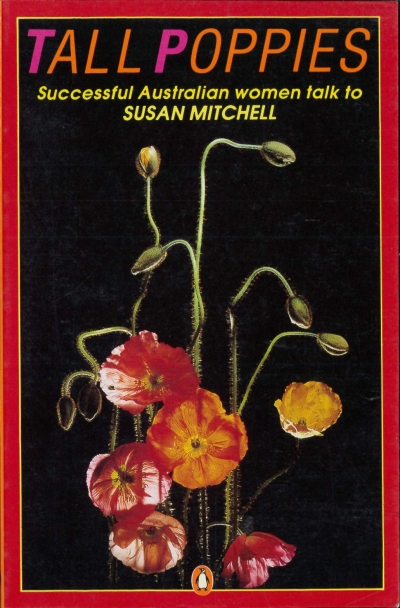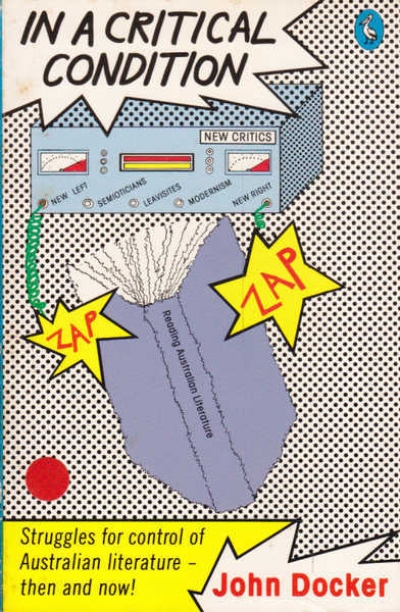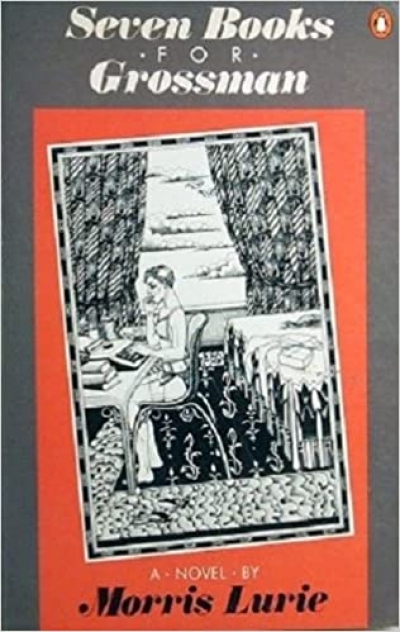Penguin
Double Time: Women in Victoria – 150 Years edited by Marilyn Lake and Farley Kelly
by Kate Ahearne •
Tall Poppies: Successful Australian women talk to Susan Mitchell by Susan Mitchell
by Ann Blake •
No Place for a Nervous Lady: Voices from the Australian bush by Lucy Frost
by Ludmilla Forsyth •
Seven Books for Grossman by Morris Lurie & Uphill Runner by James McQueen
by Frances McInherny •
Elizabeth Jolley has been around as a writer for some time. Her work dates back to the late 1950s (she came to Australia from England in 1959) and her stories began appearing in anthologies and journals in the mid1960s, but it was not until 1976 that her first collection, Five Acre Virgin and other stories, was published by the Fremantle Arts Centre Press. Since then, her rate of publication has been phenomenal, and it is perhaps no accident that it coincided with the rise of an indigenous Western Australian Press: three of her first four books were published by the FACP, which, in its few years of existence, has been responsible for the discovery of a remarkable amount of talent.
... (read more)









